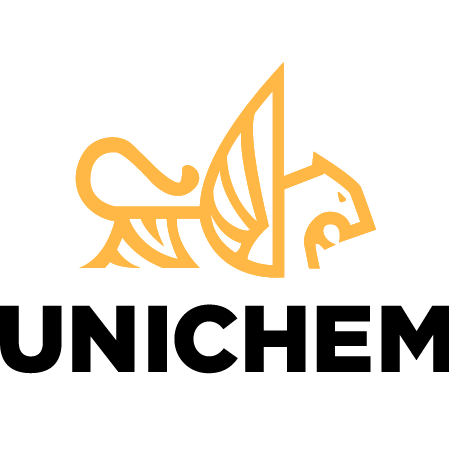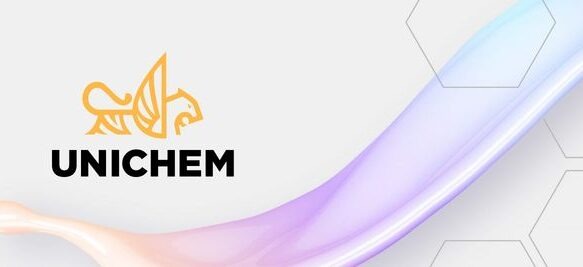
The global COVID-19 pandemic has renewed interest in the use of antimicrobial coatings in every sector, including the food sector for increased food safety, medical facilities and equipment, public places and many other applications. Antimicrobial coatings are basically an application onto a surface with a chemical agent that can retard or stop the growth of disease-causing microorganisms and allergens.
Benefits of Antimicrobial Coatings
Antimicrobial coatings help to prevent the spread of harmful germs and provide many other benefits as well. Protecting your surfaces with antimicrobial coatings improves the surface appearance and provides added protection with resistance to corrosion, increased durability, improved appearance, and improved cleanability. When antimicrobial coatings prevent an infestation of harmful microbes, the surface lasts much longer without premature degradation. Antimicrobial coatings protect surfaces better than just manual cleaning practices alone and help surfaces to last much longer.
How are Antimicrobial Coatings Made?
Antimicrobial surfaces are typically designed when materials are impregnated with biocides that are then released into the surrounding surface area to kill microbes. When manufacturing anti-microbial coatings, the most common active materials include copper, silver, zinc pyrithione, quaternary ammonium compounds, and various isothiazolinone treatments.
Antimicrobial Coatings Protect in Many Environments
This new class of disinfectants of antimicrobial polymers provide solutions in some medical applications as an alternative to antibiotics, such as medical implants where microbiological growth must be restricted in an anaerobic (free from oxygen) or microaerophilic (microorganisms, bacterium, that thrive in low oxygen) environments.
Antimicrobial coatings can be used in just about any environment on high-touch surfaces such as handrails, knobs, walls, and appliances. Food contact surfaces is another area where the use of antimicrobial coatings is increasing as well as on food packaging products.
Governing Standards for Antimicrobial Coating Usage
Requirements for manufacturers of antimicrobial coatings issued by the Environmental Protection Agency (EPA) include demonstrating a rate of destruction of 99.9% of selected microbes, including disease-causing microbes, on surfaces with these products. There is not, however, a single, specific test to prove the efficacy of antimicrobial coatings like there is when evaluating disinfectants and sanitizers.
The American Society for Testing and Materials, ASTM), the American Association of Textile Chemists and Colorists (AATCC), the International Organization for Standardization (ISO), and the Japanese Industrial Standard (JIS) have developed several test methods that help to evaluate antimicrobial coating performance in combating growth and survival of microbes. Two methods to evaluate biofilm claims are recommended by the EPA, which include:
- ASTM E3161: “Standard Practice for Preparing a Pseudomonas aeruginosa or Staphylococcus aureus Biofilm using the CDC Biofilm Reactor”
- ASTM E2871: “Standard Test Method for Determining Disinfectant Efficacy against Biofilm Grown in the CDC Biofilm Reactor using the Single Tube Method.”
There is more need for both regulators and users in the industry to develop, manufacture, and market antimicrobial coating product application matrices and means to evaluate and assess the efficacy, lifespan, and safety of these products with industry standards.
When considering antimicrobial coatings for your products, be sure to consult with an experienced chemical and coatings manufacturer such as Universal Chemicals & Coatings, Inc., UNICHEM.
UNICHEM Offers uniCLER Antimicrobial Coating Technology
UNICHEM has been recognized as a leading custom chemical and coatings manufacturer for more than 50 years, offering a wide range of solutions for paints, adhesives, and coatings. uniCLER antimicrobial coating and paint additive technology provides surface protection with a coating that is resistant to bacterial and fungal growth. When harmful microbes infiltrate a surface, they multiply rapidly to spread harmful pathogens and cause premature degradation. Antimicrobial coatings protect against rapidly spreading harmful microorganisms to keep people healthier and safer while also protecting the coated product for longer-lasting life.
UNICHEM is an experienced, custom chemical and coating provider offering high-quality, high-performance paints, coatings, and adhesives. We follow strict quality policies as part of our ISO9001:2015 registration and practice enhanced proprietary quality measures. Contact us to learn more about uniCLER antimicrobial coating technology.


